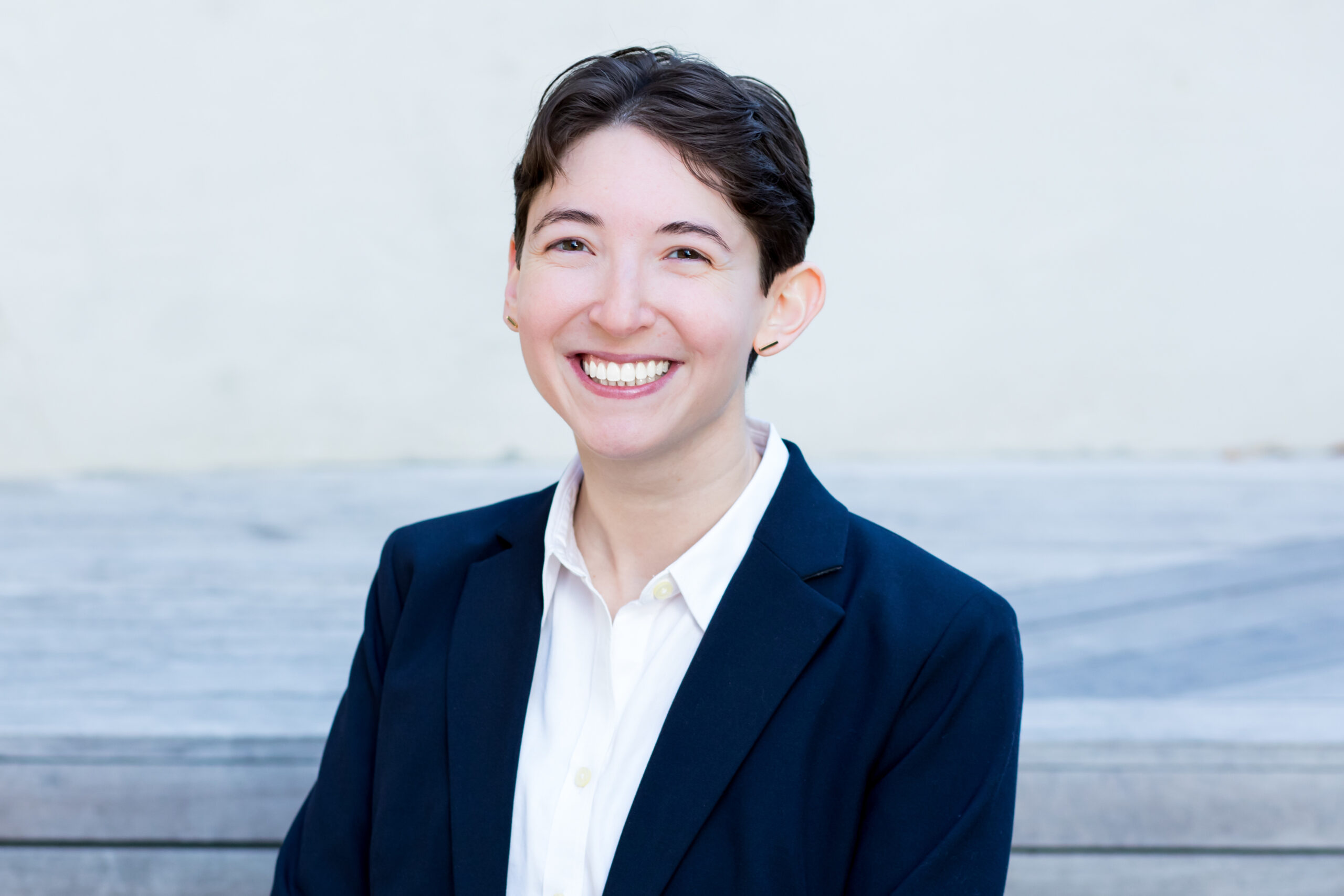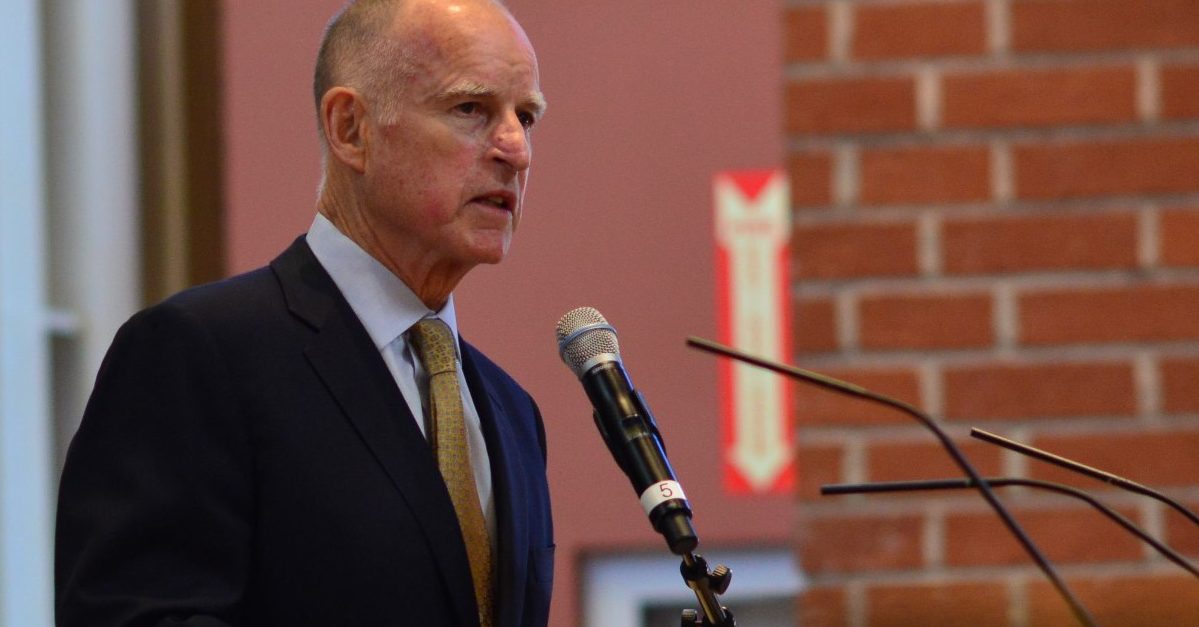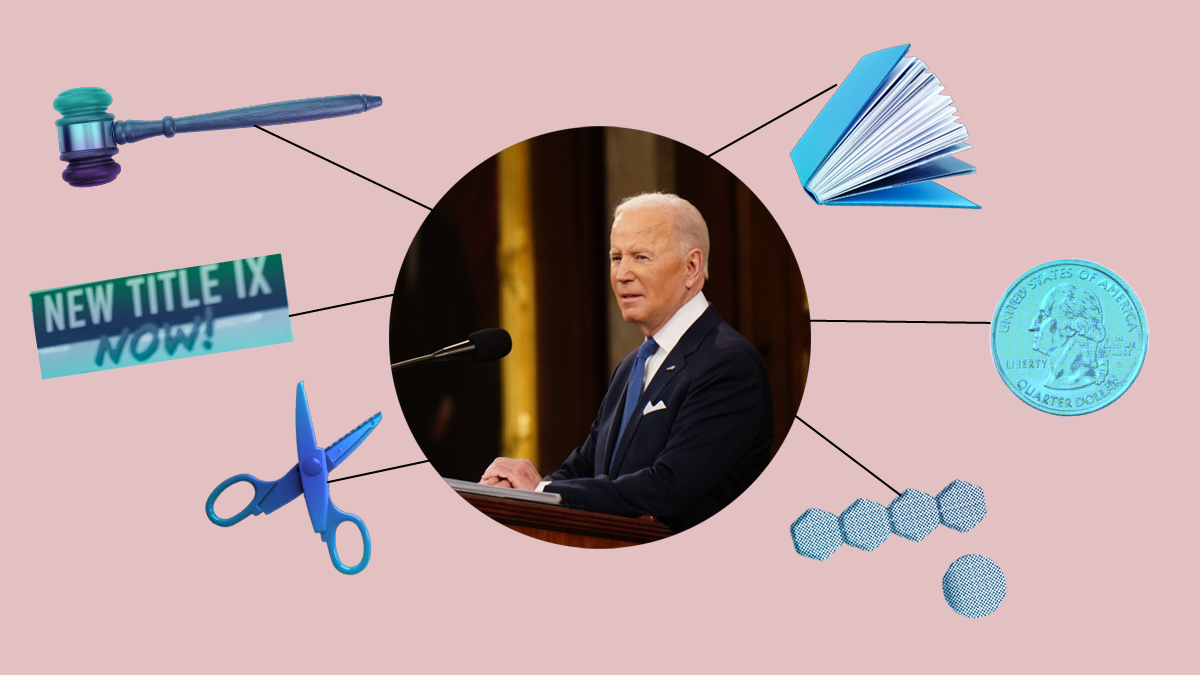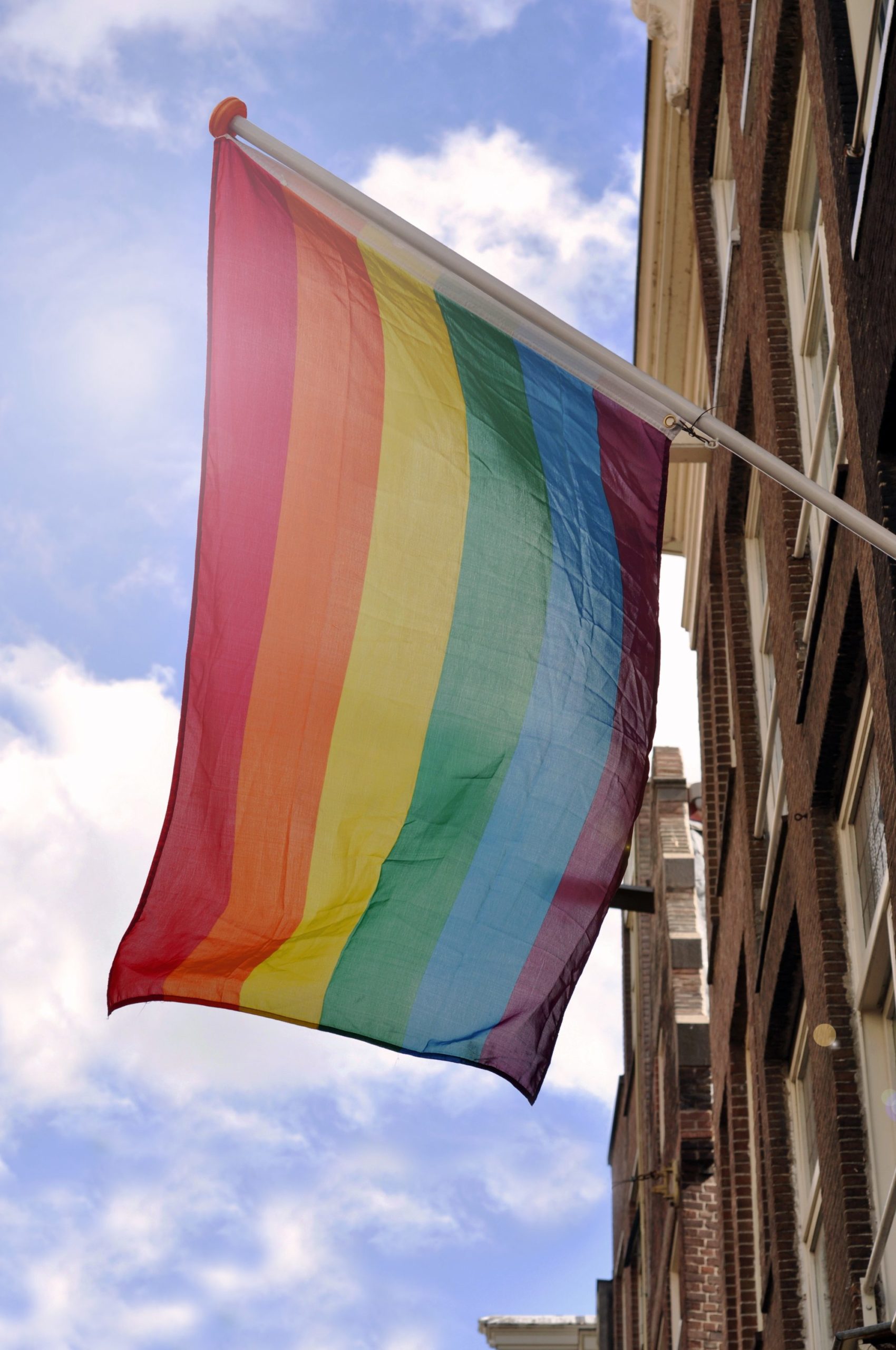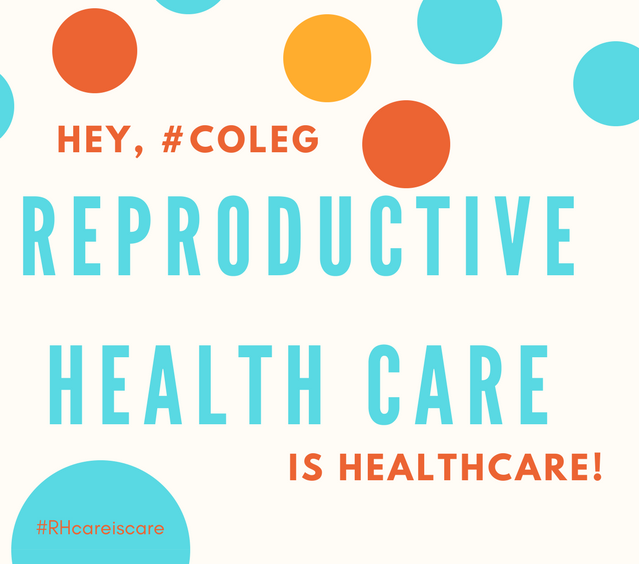Abortion rights, women of color, and LGBTQIA+ people are under attack. Pledge to join us in fighting for gender justice.
Disabled Students Deserve Sex Ed Too
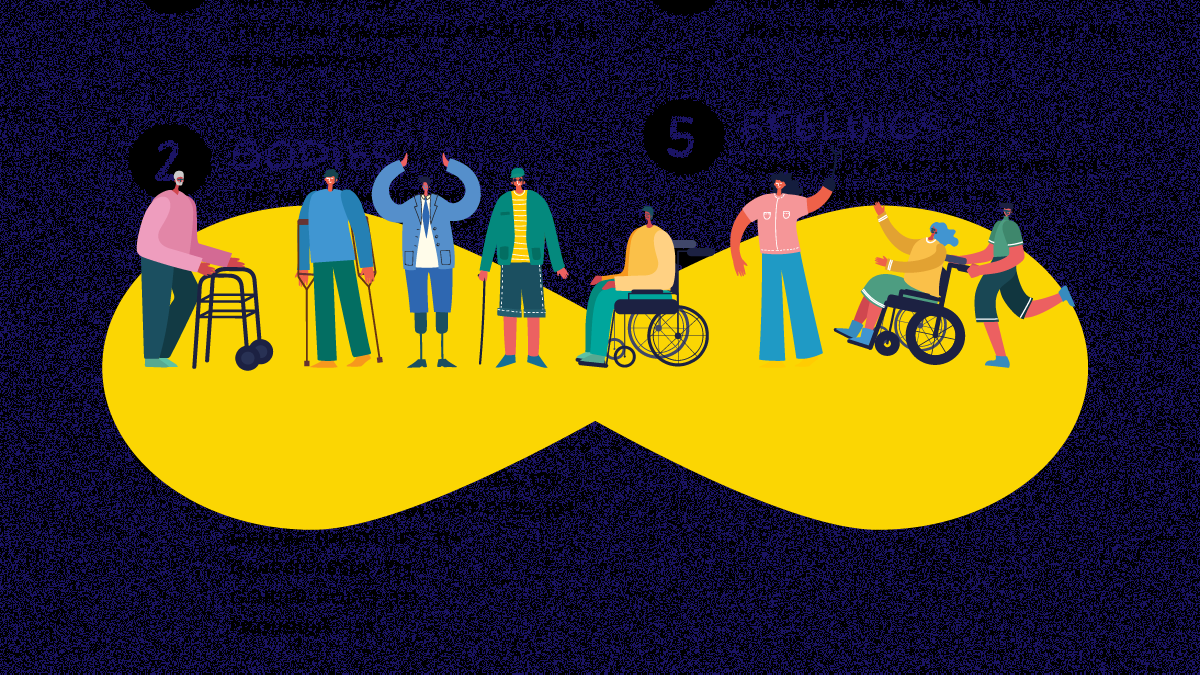
On March 14, 2024, a video campaign called “Assume That I Can” was shared for World Down Syndrome Day 2024, and the video quickly went viral. For those who haven’t seen it, here is a brief rundown: a young woman with Down syndrome explains how the negative assumptions people make about those with Down syndrome can lead to a “self-fulfilling prophecy”—when people automatically assume that she can’t do certain things just because she has a disability, they never give her a chance to even try.
But then she turns the self-fulfilling prophecy on its head, calling for people to make positive assumptions instead. Among many examples (“assume that I can live on my own,” “assume that I can learn Shakespeare”), she also calls for people to assume that she can have sex.
Some people might have been surprised by this line given the ableist trope that disabled people have no interest in sexual or romantic relationships. But the reality is that many disabled people have sex. Disabled people deserve the right to decide for themselves whether and how to express their sexuality, and they should have access to any resource or support they may need to make their own decisions—including comprehensive, evidence-based sex education.
Comprehensive sex ed provides necessary information to students regarding their sexual and reproductive health, including topics like prevention of sexually transmitted infections (STIs), consent, and healthy relationships. Extremists have increasingly tried to censor this type of information in schools, alongside bans or restrictions on access to abortion and birth control, which makes it even more critical that all students, including those with disabilities, have safe and inclusive learning environments.
Sex education benefits all youth. Like their peers, disabled youth experience unintended pregnancies and STIs. They also deserve to have healthy and safe relationships. Research has shown that providing sexual health education for K-12 students decreases the likelihood that a student will be a victim and/or perpetrator of sexual harassment, sexual violence, or dating violence.
Disabled youth are at a disproportionate risk for sexual abuse and harassment: youth with disabilities are three times more likely to experience sexual violence than youth without disabilities, with girls at the greatest risk. Girls with disabilities also experience a higher risk of human trafficking than their peers. Additionally, disabled LGBTQI+ youth or disabled youth of color are likely to experience a compounded risk of sexual violence. While intersectional data regarding sexual violence experienced by disabled youth is not readily available (which is a separate problem that needs to be addressed!), we do know that LGBTQI+ youth experience disproportionate rates of sexual violence, and it is estimated that one in four Black girls will be sexually abused before the age of 18.
Being left out of sex education only makes disabled youth, and particularly disabled girls, more vulnerable to these types of harms.
It’s important to state clearly that disabled people’s sexual experiences are varied and are not limited to exploitation and abuse; people with disabilities can and do have safe and fulfilling romantic and sexual relationships. If disabled people choose to engage in these relationships, they should have the tools and information to feel empowered in their decisions.
Sex education is a health equity issue, and sex ed curriculum and materials should be inclusive of all types of people and experiences, expanding beyond only depicting the experiences of those who are white, cisgender, heterosexual, and nondisabled. Disabled students should be afforded the same sex education experiences as their peers and be provided accommodations to make these experiences accessible.
For more broad resources on this topic, visit Comprehensive Sex Education for Youth with Disabilities: A Call to Action and Access, Autonomy, and Dignity: Comprehensive Sexuality Education for People with Disabilities.

